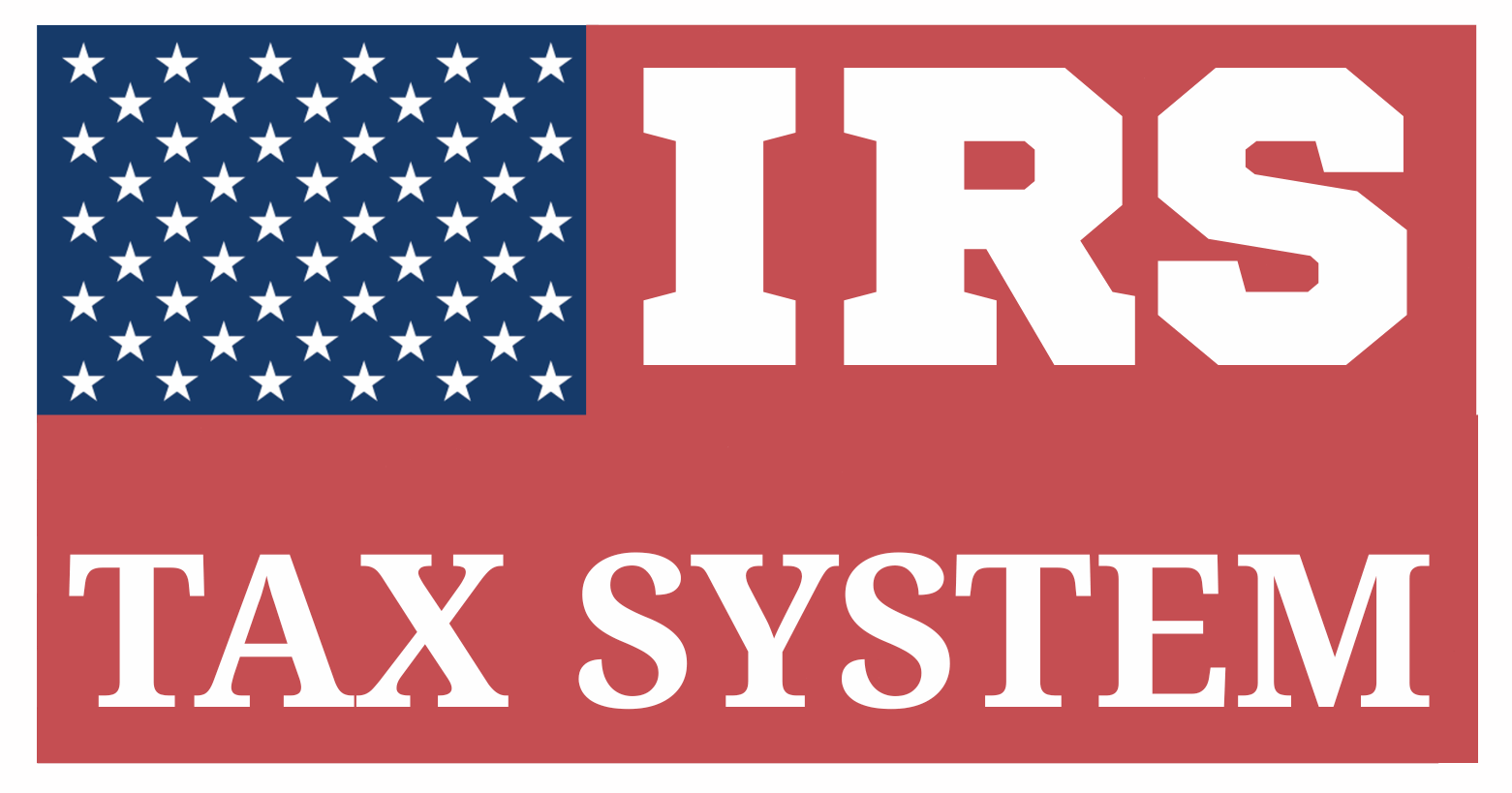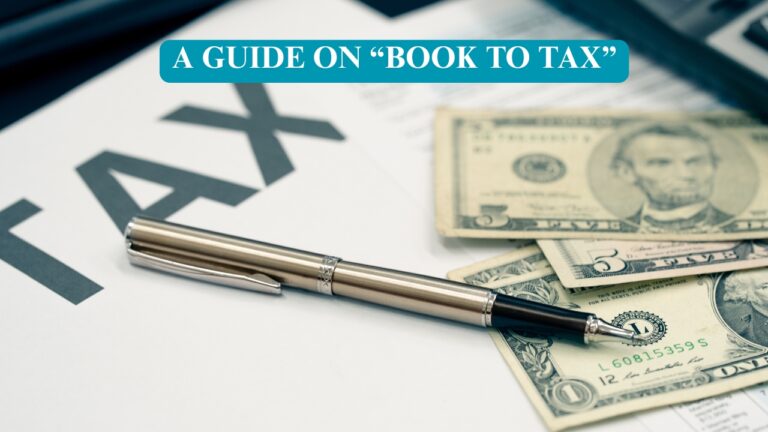Form 3520: An Outstanding Review
Table of Contents
A Complete Overview On Form 3520

Form 3520, officially titled “Annual Return To Report Transactions With Foreign Trusts and Receipt of Certain Foreign Gifts,” is used by U.S. taxpayers to report certain transactions with foreign trusts, ownership of foreign trusts, or receipt of large foreign gifts and bequests.
It is an informational return, meaning it is used for disclosure, not to calculate tax. However, failing to file it properly can lead to substantial penalties.
Who Must File IRS Form 3520?
Form 3520 must be filed by U.S. persons who engage in certain types of transactions involving foreign trusts or foreign gifts and bequests. The filing requirement is based not on the taxability of the transaction, but rather on the need to disclose specific international financial activities to the IRS. Below are the categories of individuals and entities required to file:
1. U.S. Persons Who Create or Transfer Assets to a Foreign Trust
If you are a U.S. citizen, resident alien, domestic trust, or domestic corporation, and you establish a foreign trust or contribute assets (cash, securities, or property) to one during the tax year, you must file Form 3520.
Example: You wire $300,000 to a trust you set up in the Cayman Islands—Form 3520 is required.
2. U.S. Owners of Foreign Trusts (Grantor Trust Rules)
f you are treated as the owner of a foreign trust under the grantor trust provisions of IRC Sections 671 through 679, you must file Form 3520 each year to report your ownership and related trust activity.
This typically applies when the U.S. person retains control over the trust, benefits from the income, or can revoke the trust.
3. U.S. Beneficiaries Who Receive Distributions from a Foreign Trust
If you are a U.S. person and receive a distribution (cash, property, or other benefit) from a foreign trust—either directly or indirectly—you must file Form 3520.
Indirect distributions include cases where the trust pays a debt on your behalf or makes a gift in your name.
4. U.S. Persons Who Receive Large Gifts or Bequests from Foreign Persons
You are required to file Part IV of Form 3520 if you receive:
- An amount exceeding $100,000 received within the tax year as a gift or inheritance from a nonresident alien or a foreign estate, or
- More than $18,567 (2024 threshold) from a foreign corporation or foreign partnership (in the form of gifts).
Note: These thresholds are based on aggregate amounts received from each foreign donor during the year.
5. U.S. Executors of Estates Receiving Foreign Bequests
If a U.S. estate receives foreign-source bequests or distributions, the executor may be responsible for reporting them via Form 3520 if they meet the applicable thresholds.
6. Persons Treated as Owners Who Are Also Responsible for Filing Form 3520-A
If a foreign trust for which you are considered the owner does not file Form 3520-A, you are required to submit a substitute Form 3520-A along with your Form 3520 to prevent the imposition of penalties.
Form 3520 Filing Deadline
IRS Form 3520 — Annual Return to Report Transactions with Foreign Trusts and Receipt of Certain Foreign Gifts — must generally be filed on or before the due date of your income tax return, including extensions, but it must be mailed separately from your Form 1040.
Original Filing Deadline
- For individuals, the standard due date for filing Form 3520 is:
April 15
This aligns with the regular deadline for Form 1040 (U.S. Individual Income Tax Return).
If you live outside the United States on April 15, you may be eligible for an automatic 2-month extension to June 15, but interest will still accrue from April 15.
Extension of Deadline
- Filing an extension allows you to move the filing deadline from April 15 to October 15:
- Submitting Form 4868 — the Application for Automatic Extension of Time to File your U.S. Individual Income Tax Return — on or before April 15.
- Or, if you’re a business entity, by filing Form 7004 for the corresponding business return.
Filing Form 4868 or 7004 automatically extends the Form 3520 deadline as well.
Penalties for Failing to File Form 3520
IRS Form 3520 is an information return, not a tax return — but failing to file it accurately and on time can result in severe monetary penalties, even when no tax is owed.
The penalties depend on the type of transaction being reported. Below are the key categories:
1. Failure to Report Transfers to a Foreign Trust (Form 3520, Part I)
If a U.S. person creates, transfers money or property to, or makes a loan to a foreign trust, the IRS may impose:
- Penalty: 35% of the gross value of any property transferred to the trust during the taxable year.
Example: If you transferred $200,000 to a foreign trust and failed to report it, the penalty could be $70,000 (35% of $200,000).
2. Failure to Report Ownership of a Foreign Trust (Form 3520, Part II)
If a U.S. person is treated as an owner of a foreign trust under the grantor trust rules (IRC §§ 671–679), and fails to report:
- Penalty: The greater of $10,000 or 5% of the gross value of the trust assets owned by the U.S. person at the end of the year.
Example: If your share of a foreign trust is worth $600,000 and you don’t report it, the penalty could be $30,000 (5% of $600,000).
3. Failure to Report Distributions from a Foreign Trust (Form 3520, Part III)
If a U.S. person receives distributions (cash or property) from a foreign trust and does not report them:
- Penalty: 35% of the gross value of the distribution received during the taxable year.
Example: If you receive a $100,000 distribution from a foreign trust and don’t report it, the IRS may assess a $35,000 penalty.
4. Failure to Report Large Gifts or Bequests from Foreign Persons (Form 3520, Part IV)
If a U.S. person fails to report foreign gifts or bequests exceeding the thresholds:
- A penalty of 5% per month, capped at 25% of the total value of the unreported foreign gift or inheritance, may apply if the required disclosure is not made on time.
Example: If you receive a $200,000 gift from a foreign individual and fail to report it, the maximum penalty could be $50,000 (25%).
Additional Penalty Provisions
Failure to Provide Complete and Accurate Information
Even if the form is filed, but is incomplete or inaccurate, the IRS can still impose penalties unless reasonable cause is demonstrated.
Continuing Failure
If the failure continues after IRS notification, additional penalties of up to $10,000 for each 30-day period may apply, starting 90 days after the IRS sends a notice of noncompliance.
- The maximum additional penalty can reach the greater of $10,000 or 5% of the total amount required to be reported for each month of noncompliance.
Criminal Penalties
In extreme cases involving willful failure or fraud, the IRS may also pursue criminal charges, which can include:
- Fines
- Prosecution
- Imprisonment
Reasonable Cause Exception
You may avoid penalties if you can demonstrate reasonable cause and not willful neglect. This generally involves:
- Providing a written explanation with your filing or response.
- Showing you made good-faith efforts to comply.
- Keeping documentation of your attempts to gather required information.
Tip: Always file Form 3520 on time, completely, and accurately—even if you’re not sure all information is available.
Structure of Form 3520
Part I – Transfers by U.S. Persons to a Foreign Trust
- Used to disclose the establishment of, or transfers made to, a foreign trust.
- Requires disclosure of trust details, asset types, fair market values, and date of transfer.
Part II – U.S. Owners of Foreign Trusts
- U.S. individuals or entities considered to have ownership interests in any portion of a foreign trust.
- Must attach a Foreign Grantor Trust Owner Statement or comparable documentation that provides the necessary trust ownership details.
Part III – Distributions to a U.S. Person from a Foreign Trust
- Reports receipts of distributions from a foreign trust.
- Must calculate taxable portions, accumulation distributions, and throwback tax if applicable.
Part IV – Report of Foreign Gifts
- Used to report gifts/bequests from:
- Foreign individuals or estates: if total gifts exceed $100,000.
- Foreign corporations or partnerships: if over $18,567.
- Includes the donor’s identity and total value of received property.
IRS Form 3520: Calculation Guide
Form 3520 is an informational return—not a tax return—but it requires precise calculations of fair market values, distributions, and large foreign gift amounts to comply with U.S. tax law. Here’s how each relevant part involves calculations:
Part I – Transfers to a Foreign Trust
Purpose:
To report transfers (cash, property, or other assets) to a foreign trust and determine any gain recognition or gift treatment.
Key Calculation Areas:
- Fair Market Value (FMV) of Transferred Assets:
- For each asset transferred (cash, stocks, property), determine its FMV on the date of transfer.
- Use independent appraisals for non-public assets (e.g., real estate).
- Recognized Gain (if applicable):
- When property is contributed to a foreign trust, it may trigger recognition of gain for tax purposes:
Recognized Gain = FMV on date of transfer – Adjusted Basis of property
- Gift Calculation:
- If the transfer is gratuitous, calculate total gift amount subject to Form 709 (Gift Tax Return).
- This also affects Part IV if the trust makes distributions to other U.S. persons.
- Loan to Foreign Trust:
- If a loan is made, calculate:
- Principal amount
- Interest rate
- Repayment terms
- Whether it qualifies as a qualified obligation under IRS rules
- If a loan is made, calculate:
Part II – U.S. Owner of a Foreign Trust
Purpose:
To determine income inclusions under the grantor trust rules.
Key Calculation Areas:
- Owner’s Share of Trust Income:
- Use Foreign Grantor Trust Owner Statement or equivalent accounting to determine:
Income Included = (Owner % × Trust’s total ordinary income, capital gain, etc.)
- FMV of Trust Assets:
- Used for informational reporting and to establish value for future distributions.
- Form 3520-A Reference:
- If the foreign trust fails to submit Form 3520-A, you are required to file a substitute version yourself. Calculations from that form directly support entries here.
Part III – Distributions Received from a Foreign Trust
Purpose:
To calculate the taxable portion of any distributions from a foreign trust.
Key Calculation Areas:
- Total Distribution Amount:
- Calculate FMV of:
- Cash received
- Property received (FMV on date of distribution)
- Loans forgiven by the trust
- Calculate FMV of:
- Classification of Income:
- If Foreign Beneficiary Statement is provided:
- Report items such as ordinary income, capital gains, and other earnings as reflected in the foreign trust’s accounting records
- If not provided, apply default throwback rules:
- Entire distribution is treated as ordinary income
- Add interest charges for “accumulated” income under throwback regime
- Complex calculations may require historical earnings data
- If Foreign Beneficiary Statement is provided:
- Loan from Trust:
- Calculate loan amount and check if it’s a qualified obligation
- If not, treat as a distribution
- Calculate loan amount and check if it’s a qualified obligation
Part IV – Large Foreign Gifts or Bequests
Purpose:
To report large foreign gifts or inheritances.
Key Calculation Areas:
- Gift Thresholds:
- Total all gifts/bequests from:
- Nonresident alien individuals and foreign estates: > $100,000
- Foreign partnerships or corporations: > $18,567 (2025 threshold)
- Total all gifts/bequests from:
- Total Gift Value:
- For each gift received:
Gift Value = FMV of gift on date received
- Aggregate Per Donor:
- Sum all gifts from each individual donor during the tax year:
Total Foreign Gift = ∑ (FMV of gifts received from donor X)
- Non-Taxable but Reportable:
- While these amounts are not taxable, failing to report them results in penalties up to 25% of the unreported gift amount.
Summary: Sample True-Up Style Calculation (Example)
Scenario: You are a U.S. individual who:
- Transferred $150,000 in real estate to a foreign trust (basis = $100,000)
- Own 100% of the trust (grantor)
- Received a $10,000 distribution from the trust (no statement provided)
- Received a $120,000 inheritance from a foreign estate
Step-by-Step:
| Activity | Calculation | Tax Result |
| Transfer Gain | $150,000 – $100,000 = $50,000 | Capital gain reported |
| Trust Ownership | Report 100% of trust income | Triggers Form 3520-A filing |
| Distribution | $10,000 → No statement → fully taxable | Include $10,000 in income |
| Foreign Gift | $120,000 > $100,000 | Report in Part IV (no tax due) |
Documentation You Should Maintain
- FMV appraisals
- Proof of gift origin (for inheritance)
- Trust statements (owner/beneficiary)
- Records of tax basis in transferred property
- Correspondence with foreign trustees
Note:
While Form 3520 itself doesn’t calculate a tax due, it directly impacts your income tax return (Form 1040) by triggering income inclusions, gain recognition, or gift tax reporting. The IRS takes this reporting seriously and imposes strict penalties for underreporting or late filing.
Special Considerations
- Form 3520-A: If you’re the owner of a foreign trust, the trust must file Form 3520-A annually. If it doesn’t, you must attach a substitute Form 3520-A to your Form 3520 to avoid penalties.
- Gifts vs. Distributions: Gifts from foreign persons are not the same as distributions from foreign trusts. Misreporting can lead to incorrect tax outcomes and penalties.
- Currency Conversion: Convert foreign currency amounts to U.S. dollars using the exchange rate applicable on the date the transaction occurred or the funds were received.
Examples
Example 1 – Foreign Trust Contribution
John, a U.S. citizen, contributes $200,000 to a trust established in Singapore. He must report this in Part I of Form 3520 and provide trust documentation.
Example 2 – Foreign Gift
Maria, a U.S. resident, receives a $150,000 inheritance from a foreign relative’s estate. She must file Part IV of Form 3520 to report the gift.
Conclusion
Form 3520 plays a vital role in international tax compliance for U.S. persons involved with foreign trusts or receiving foreign gifts. Due to the complexity and harsh penalties associated with noncompliance, it’s strongly recommended to keep thorough records and consult a tax professional if you’re unsure about your filing obligations.
Frequently Asked Questions (FAQs)
Do I need to pay tax when filing Form 3520?
No. Form 3520 is for informational purposes only, but failure to file can lead to severe penalties.
How do Form 3520 and Form 3520-A differ in terms of purpose and filing requirements?
Form 3520 is filed by the U.S. person; Form 3520-A is filed by the foreign trust itself.
Can Form 3520 be e-filed?
No. It must be filed by paper and sent to the designated IRS address.
What if I receive multiple foreign gifts under $100,000 individually?
If the combined value of gifts or transfers from a single foreign individual surpasses $100,000 in a tax year, reporting is required







